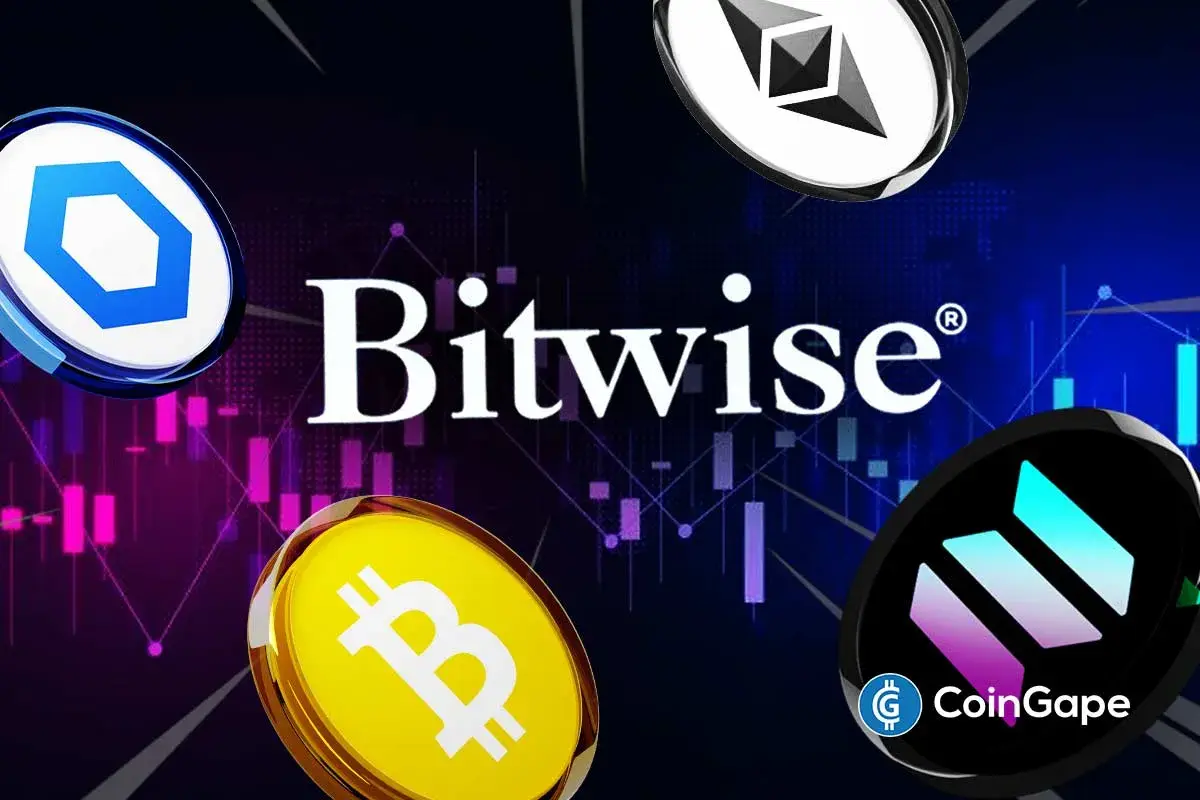Breaking: US District Judge Denies Copyrights for AI Generated Art

In a recent ruling, U.S. District Judge Beryl Howell affirmed the U.S. Copyright Office’s position that entirely AI generated artworks do not qualify for copyright protection. This ruling comes amid increasing concerns over the potential for generative AI to replace human artists and scriptwriters.
Hollywood Writer’s Strike Pays Off
More than 100 days into a writer’s strike, anxieties have grown over the possibility of Artificial Intelligence (AI) taking over the role of scriptwriting. However, intellectual property law has consistently maintained that copyrights are only granted to works created by humans.
“Artificial Intelligence Lawsuit: AI-Generated Art Not Copyrightable”—The Hollywood Reporter https://t.co/tfMhecah2z
— Brian Roemmele (@BrianRoemmele) August 19, 2023
Judge Howell’s decision came in response to Stephen Thaler’s legal challenge against the government’s refusal to register AI-generated works. Thaler, the CEO of neural network firm Imagination Engines, argued that AI should be acknowledged as an author when it meets the criteria for authorship. Consequently, ownership of the work should be vested in the machine’s owner.
Judge Howell disagreed, emphasizing that human authorship is a fundamental requirement of copyright law. She cited previous cases, such as Burrow-Giles Lithographic Company v. Sarony, which held that protection could only be extended to original intellectual conceptions of human authors. Another case noted that a photograph taken by a monkey couldn’t be copyrighted, as animals don’t qualify for protection.
Encouraging Human Creation is the Goal
Judge Howell delved into the purpose of copyright law, highlighting that it aims to encourage human individuals to engage in creative activities. Copyrights and patents, she noted, were conceived as forms of property that the government was established to protect, with the understanding that recognizing exclusive rights in such property would promote science and the arts by incentivizing individuals to create and invent.
The ruling comes as courts consider the legality of AI companies training their systems on copyrighted works. Several lawsuits have been filed in California federal court by artists alleging copyright infringement, which could result in Artificial Intelligence (AI) companies having to dismantle their large language models.
The Copyright Office reaffirmed in March that most AI-generated works aren’t copyrightable, but AI-assisted materials may qualify for protection in certain instances. A work created with the help of AI can be eligible for copyright if a human has “selected or arranged” it in a sufficiently creative way.
This judgment changes the AI and copyright discussion. However, AI-generated art may not be copyrightable, but it emphasizes human creativity in intellectual property.
- XRP Realized Losses Spike to Highest Level Since 2022, Will Price Rally Again?
- Crypto Market Rises as U.S. and Iran Reach Key Agreement On Nuclear Talks
- Trump Tariffs: U.S. Raises Global Tariff Rate To 15% Following Supreme Court Ruling
- Bitwise CIO Names BTC, ETH, SOL, and LINK as ‘Mount Rushmore’ of Crypto Amid Market Weakness
- Prediction Market News: Kalshi Faces New Lawsuit Amid State Regulatory Crackdown
- Dogecoin Price Prediction Feb 2026: Will DOGE Break $0.20 This month?
- XRP Price Prediction As SBI Introduces Tokenized Bonds With Crypto Rewards
- Ethereum Price Rises After SCOTUS Ruling: Here’s Why a Drop to $1,500 is Possible
- Will Pi Network Price See a Surge After the Mainnet Launch Anniversary?
- Bitcoin and XRP Price Prediction As White House Sets March 1st Deadline to Advance Clarity Act
- Top 3 Price Predictions Feb 2026 for Solana, Bitcoin, Pi Network as Odds of Trump Attacking Iran Rise


















